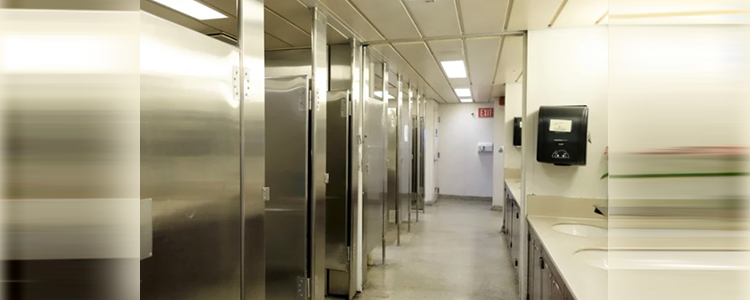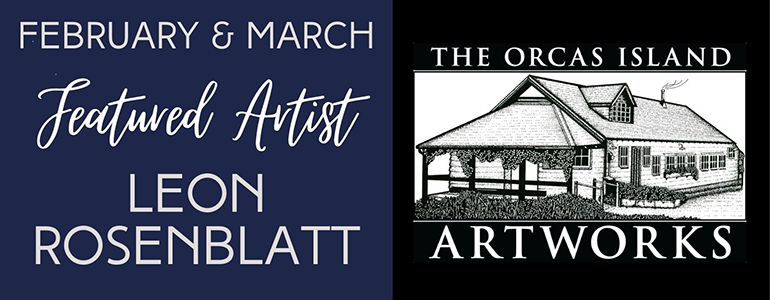–– by Thomas Baldwin of the Crossroads Board —
We all have one thing in common. We are of different political and religious persuasions, different cultures, ethnicities, and ages, but we will all die.
Talking about this inevitability is often uncomfortable so it was something of a surprise that a large group gathered around tables at Emmanuel church on a Tuesday evening to discuss issues raised in Atul Gawande’s book, Being Mortal. The library partnered with Orcas Crossroads in sponsoring this event, the first offering in Crossroad’s new mission to invite the community to ‘Join the Conversation.’
A PBS news interview of Gawande, entitled “We all die, so why don’t we die well?” kicked off the conversations. Numerous ideas emerged in the lively discussions. Among the common themes were: (1) Is there a perfect death or is that only a myth? (2) Death involves more than the single person—it involves the entire family and close friends, who are needed in the discussion of death before tough decisions need to be made. (3) Parents may need to impress upon their “kids” how vital these discussions are, even if their “kids” are themselves parents or grandparents. How can the entire family be engaged in planning for the eventual death of member of the clan? (4) It is important to be totally honest with our loved ones about what quality of life would be acceptable to us in our final days. (5) We all need an advocate who knows our wishes and can assure that our wishes are followed when we are unable to argue for ourselves. (6) How can we manage to continue to live on Orcas Island until the inevitable end of our lives, if that’s what we desire?
Owing to the success of the evening, Orcas Crossroads will again partner with the library and Libby Garcia, RN, to host a Death Cafe. The conversation will be held on Saturday, November 21st from 2:00-3:30 pm at Emmanuel Parish Hall. With a little practice, and support from our friends and neighbors, perhaps we can all become more comfortable with our mortality. As one participant pointed out, “It’s important that we get our stuff together before it’s too late.” This echoes Gawande’s observation that “Hope is not a plan.”
**If you are reading theOrcasonian for free, thank your fellow islanders. If you would like to support theOrcasonian CLICK HERE to set your modestly-priced, voluntary subscription. Otherwise, no worries; we’re happy to share with you.**








An excellent community concersation has begun, and will continue. In addition to this Round Table and the upcoming Death Cafe conversation, please join us this coming Friday at the Orcas Senior Center (1-2 pm) and at Orcas Mandala Yoga Studio (7-8:30pm) for two FREE Community Presentations on Death Doula/Death Midwife Training. We are in a state of constant change.
Thx Gretchen. Not able to go last night but with time I’ll see you Friday at the Senior Ctr & learn about it. Ellen